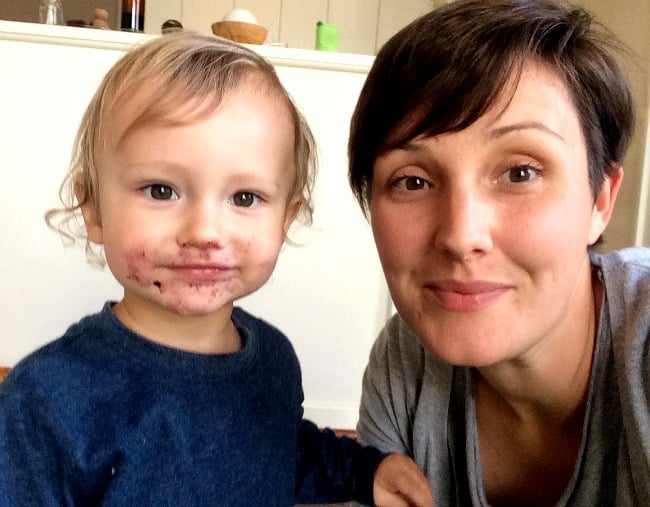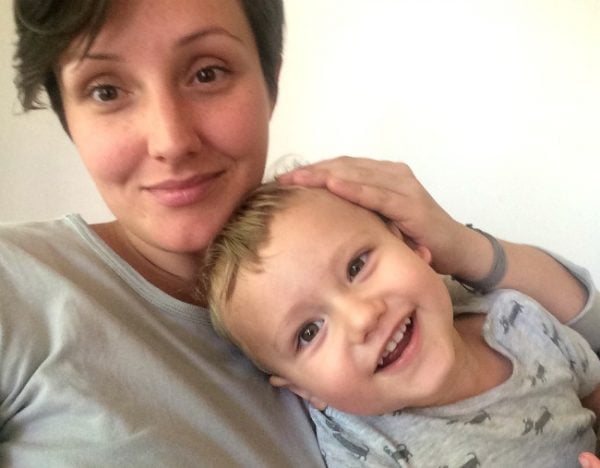
“It was just horrendous, there was blood everywhere and Aurelien was screaming,” said mum, Elise Le Roux, describing the laser surgery she had done on her two-week-old baby to revise tongue and lip ties.
Elise is one of thousands of mums caught up in what has been described as an epidemic of babies having their tongue and lip ties cut or lasered.
A new study has just found a 420 per cent increase in Medicare funded frenectomies over the past decade and a 3710 per cent increase in the Australian Capital Territory where there were no dentists doing frenectomies until recently.
This figure is probably more accurate of overall rates because dentists are doing most of them but don’t claim Medicare.

